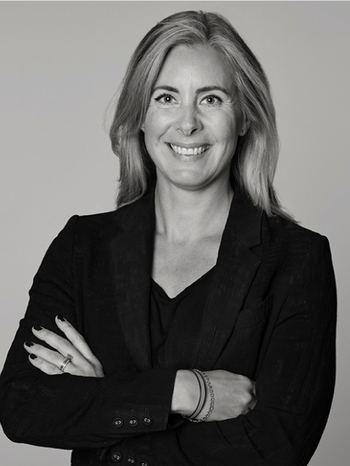Donald Baechler
"Bird (Yellow)"
Signed DB 2019 and signed Donald Baechler and dated (Spencertown) 2019 verso. Acrylic gesso, flashe and collage on paper 69 x 55 cm.
Provenance
Tom Böttiger Collection, Stockholm.
More information
Donald Baechler (1956-2022, USA) is one of our time's most intriguing artists. Like many of his contemporaries, such as Julian Schnabel, David Salle, and Jean-Michel Basquiat, he combined painting and collage, incorporating existing images into his art. Baechler used a deliberately infantile visual language in his paintings and sculptures. His gallerist, Cheim & Read, has described Baechler's art as follows: "His repertoire of motifs spans different genres, but they start as drawings and end up as sculptures, where the motifs finally acquire their definitive three-dimensional volume."
In an interview accompanying the exhibition "Sculptures" from 2005 at the Museum of Modern Art in Salzburg, Baechler explains: "About fifteen, twenty years ago, I was deeply saddened by how I was drawing, so I decided to learn to draw again as a project, from the beginning, from the simplest movement, to reinvent a language of lines and forms. I started looking at children's art, outsider art, and the whole Dubuffet thing. So when I started making sculptures about ten years ago, I tried to find a way to create forms as if I had never worked with sculpture before. I wanted to try to forget everything I knew about armature and the right way to use clay, the right ways to do everything. Instead, I started using my own hands and squeezing the material to create forms... So there is no narrative intention; it is just a reaction to the materials. They look the way they do because that's how they look. I even think that there is less content in the sculptures than there is in the paintings. Less storytelling. They are like mute... It is these discreet and completely mute objects that interest me. I have never been particularly interested in the narratives or the psychology, or all that stuff, that many people read into my paintings and probably also into the sculptures."















































